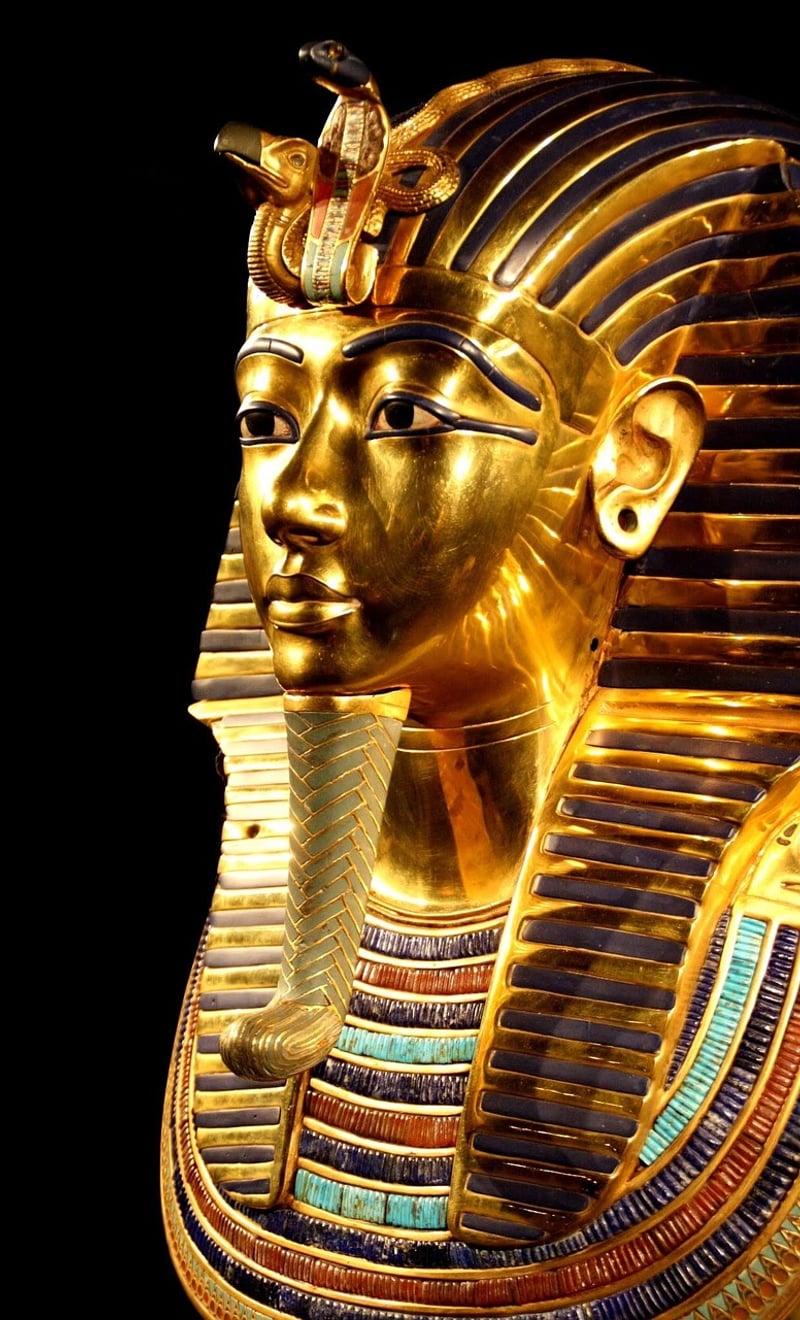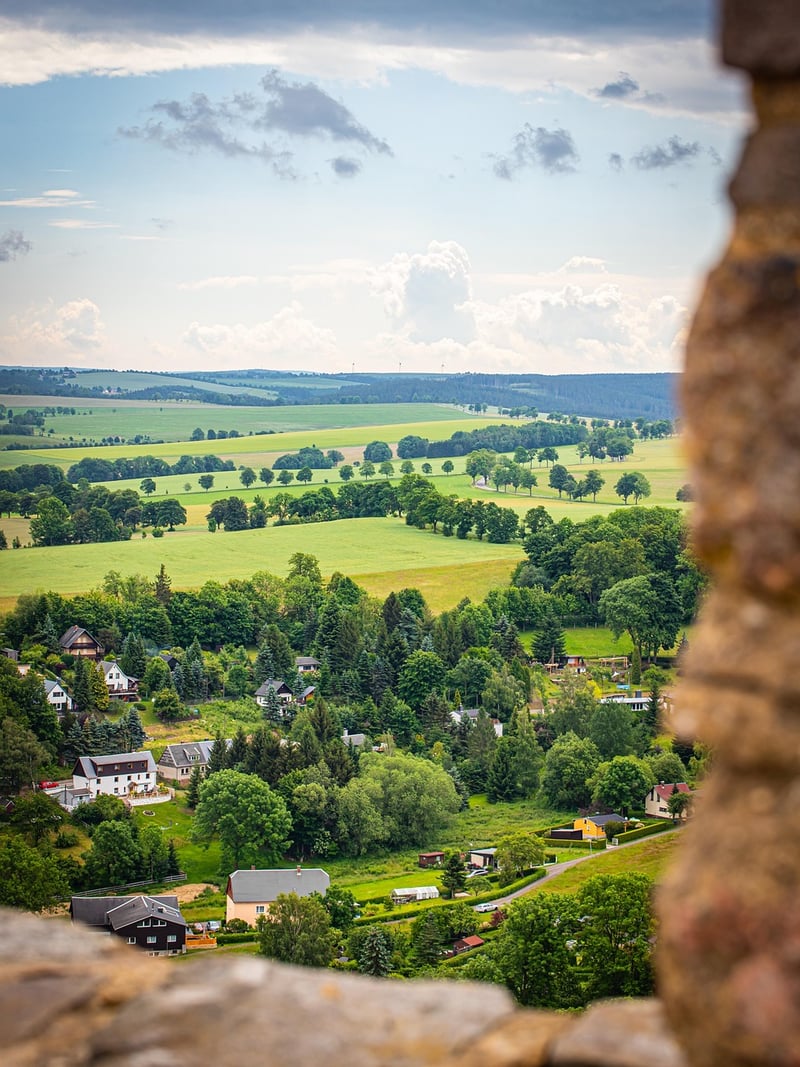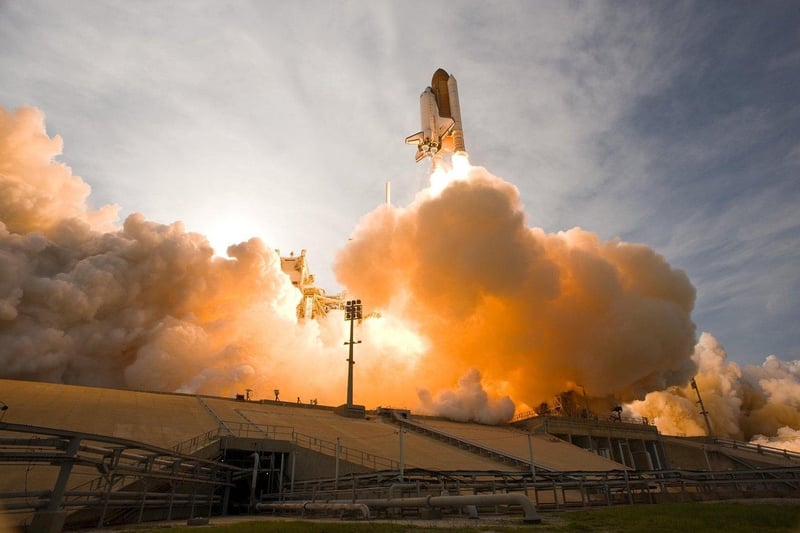Future Exploration
Exploring Different Eras and Future Exploration
Introduction
Exploring different eras allows us to learn about the past, understand how societies have evolved, and appreciate the advancements made by humankind. Additionally, looking towards future exploration opens up a world of possibilities and challenges that may shape the course of history.
Ancient Era
The ancient era, spanning from the dawn of civilization to the fall of the Roman Empire, offers insights into the foundations of human society. From the construction of the pyramids in Egypt to the philosophy of ancient Greece, this era laid the groundwork for many aspects of modern life.

Medieval Era
The medieval era, characterized by knights, castles, and feudalism, was a time of great social and political change. The rise of empires, the spread of Christianity, and the development of early forms of government shaped the course of history during this period.

Modern Era
The modern era, marked by the industrial revolution, technological advancements, and globalization, has transformed the world in unprecedented ways. From the invention of the steam engine to the age of space exploration, this era continues to shape our present and future.

Future Exploration
Looking towards the future, exploration encompasses not only outer space but also the depths of the oceans, the frontiers of technology, and the possibilities of artificial intelligence. With missions to Mars, plans for sustainable living on Earth, and innovations in various fields, the future of exploration is both exciting and challenging.

Conclusion
Exploring different eras provides us with a rich tapestry of human history, while future exploration opens up endless possibilities for discovery and advancement. By learning from the past and looking towards the future, we can appreciate how far we have come and how much further we can go.
